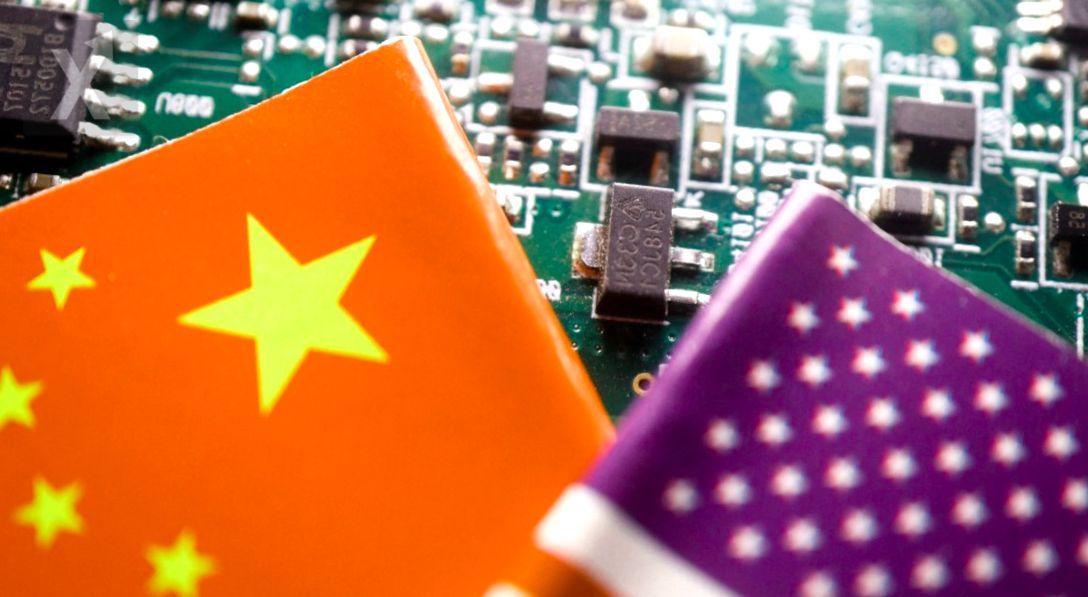China Imposes New Export Restrictions on Semiconductors to the U.S.

(Beijing) - The Chinese government reported on Tuesday that it has imposed restrictions on its exports to the United States of key components for the production of electronic semiconductors, in response to similar actions announced by Washington on Monday against the Asian country. The materials that will be affected include gallium, antimony, and germanium, according to a statement from the Chinese Ministry of Commerce.
These metals are used in dual-use technologies, meaning they can be employed for both civilian and military purposes. Graphite, an important component for semiconductors, will also be subject to “stricter reviews regarding its uses and to whom it is supplied,” the ministry stated. “In order to protect our national security interests and fulfill our international obligations, such as non-proliferation, China has decided to tighten control over the export of dual-use items to the United States,” it justified. From now on, any transaction to the U.S. involving these components will require a license from the Chinese administration. Additionally, any export “for military purposes” is completely prohibited. For its part, the U.S. Department of Commerce announced on Monday a new set of restrictions on the export of semiconductors and the materials used to manufacture them to China. These measures mean that the department must grant additional authorization for sales to 140 Chinese companies, including chip firms Piotech and SiCarrier, as well as the Naura Technology group, which produces the necessary equipment for their manufacturing. During Joe Biden's presidency, the U.S. has implemented various restrictions on the export of cutting-edge chips that could be used in advanced weapon systems or artificial intelligence. In its statement, the Chinese ministry accused Washington of “politicizing and weaponizing economic, trade, and technological issues.”
At this rate, tensions between China and the U.S. regarding technology trade are escalating. It is vital for companies to diversify their supply chains and consider alternatives to mitigate risks, as restrictions in this sector can have significant repercussions on global innovation and technological development. Moreover, it is crucial for investors to closely monitor these dynamics, as they can influence market stability and investment opportunities in the near future.






